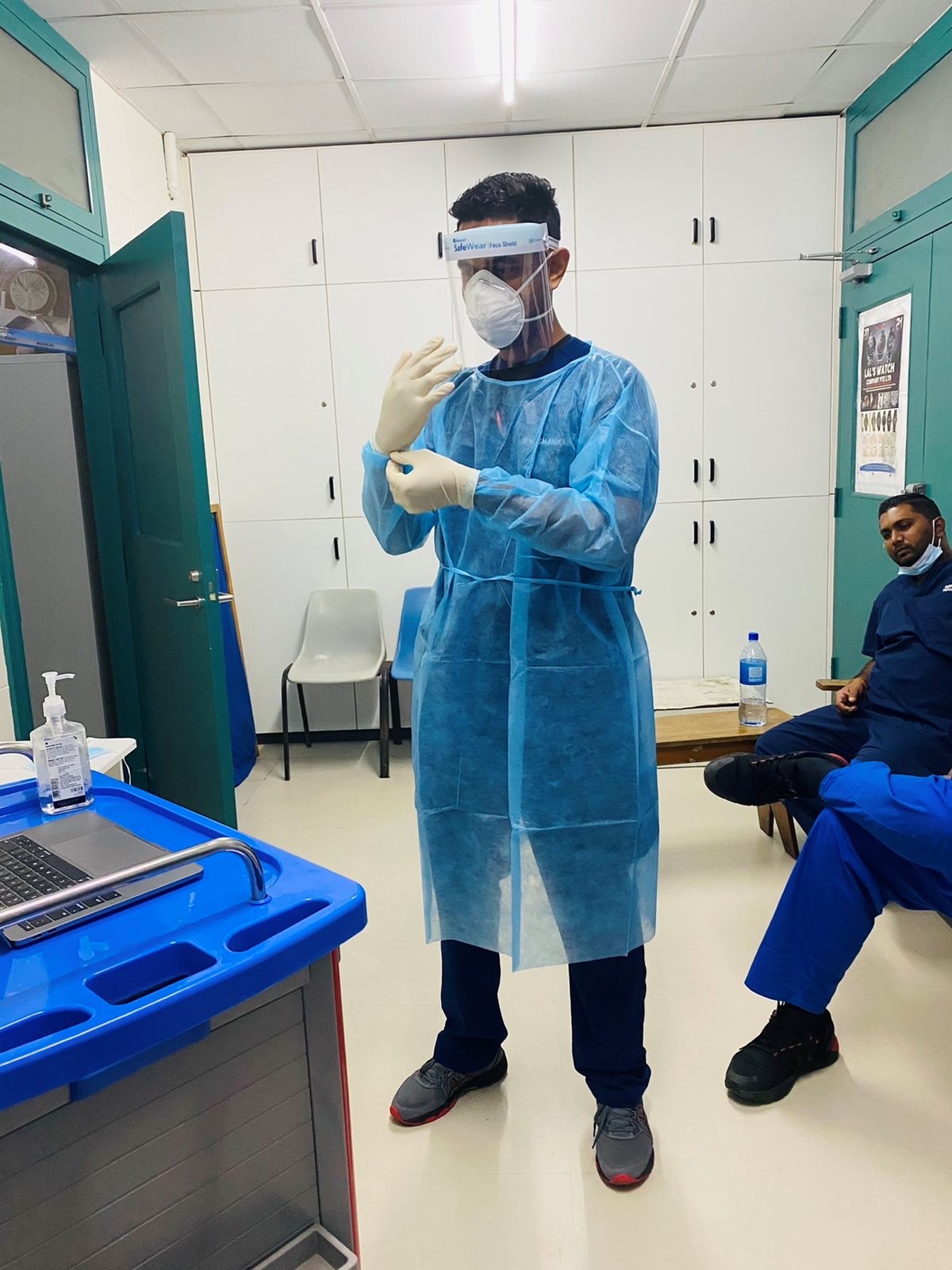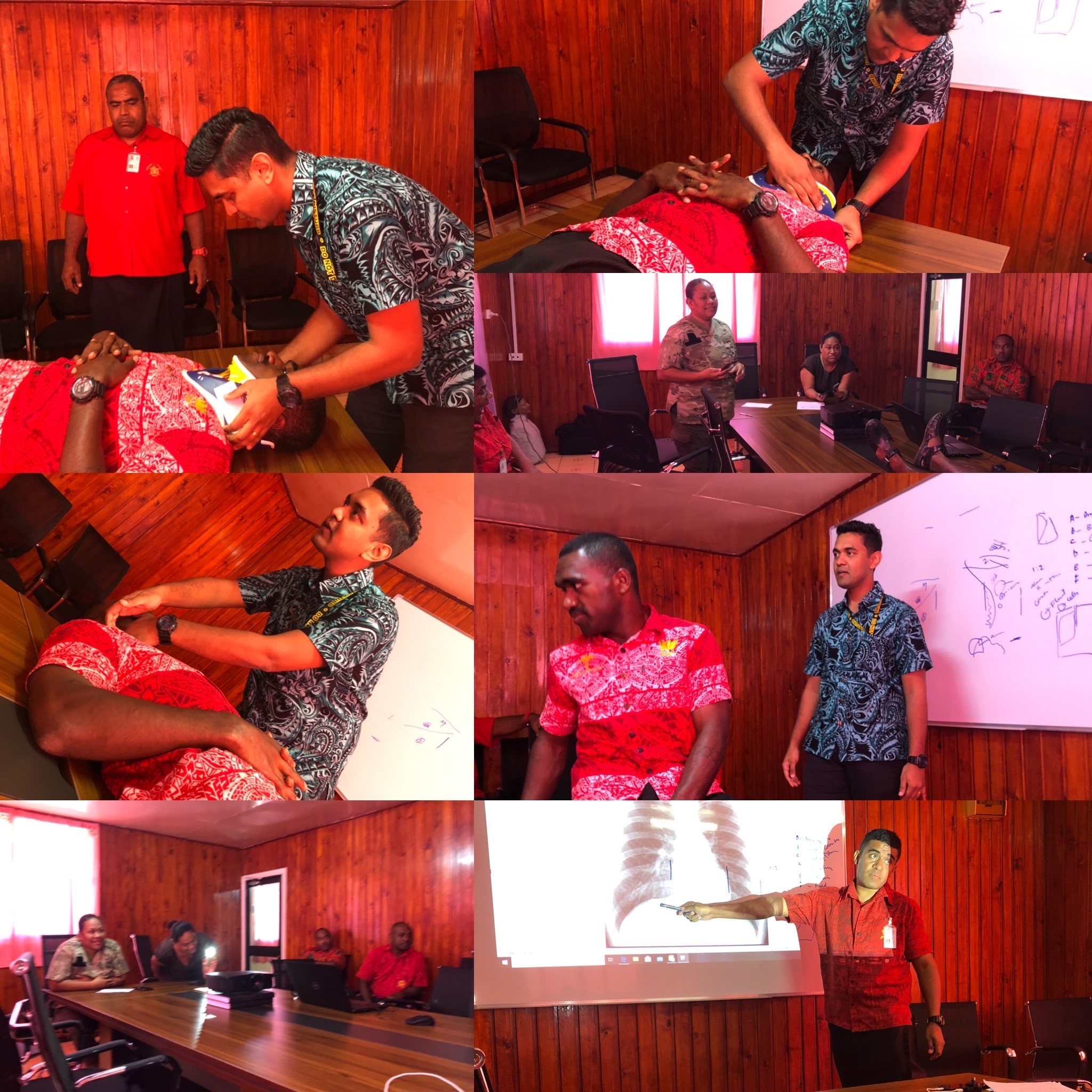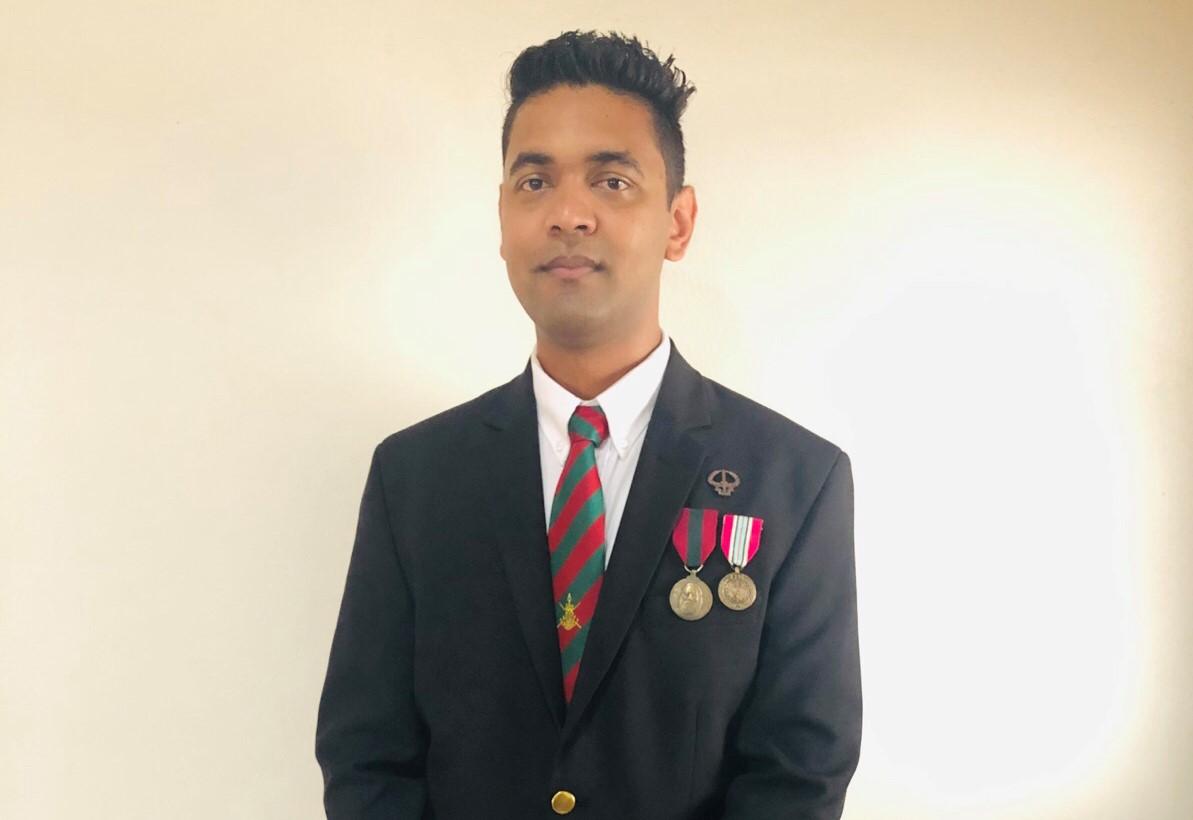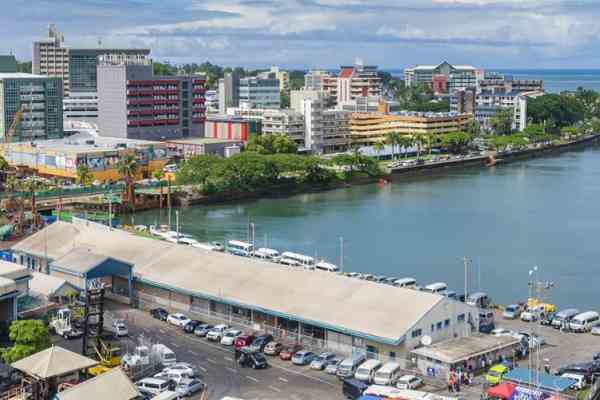(contenu disponible en anglais uniquement)
Pacific nurses gaining new skills and certifications thanks to critical care training program
The essential role of nurses in the Pacific has been put in the spotlight during the COVID crisis. These front line workers have taken on high levels of risk in a job that demands long hours and wide ranging medical expertise. To help support these important professionals, a new program has been developed for nurses to broaden their skills through a Post Graduate Certificate in Critical Care training.
The Pacific Community (SPC) is managing this effort through the Public Health Division Clinical Services Programme with funding support from the Australian Government Department of Foreign Affairs and Trade (DFAT).
In this series, we showcase some of the nurses that have successfully completed their Postgraduate Certification.
 Tell us about yourself
Tell us about yourself
My name is Praneel Shankar, and I am a registered nurse with the Emergency Department at the Colonial War Memorial Hospital based in Suva, Fiji. I have 9 years of working experience and I specialize in emergency nursing.
How have you benefitted from this post graduate certificate in critical care training?
Working as an emergency nurse has given me a lot of clinical knowledge on conducting initial stabilization of patients however, through the postgraduate certificate in critical care nursing course, I managed to obtain formal education on reasons why things were done with a structured approach. It has uplifted my skills and will allow improved critical care patient management in the emergency department. This course has also benefitted my clinical teaching skills through which I help my peers in upgrading their knowledge in patient management.
What were some of the challenges and how did you overcome this?
Emergency nursing is a fast pace working area where the team is prompt, ready and alert to receive cases. 12hour shift work becomes very demanding at times however, passion for emergency nursing made me overcome this challenge. Juggling between work and study at the same time became strenuous at times however, commitment, discipline and dedication allowed me to complete this training.
The COVID-19 pandemic itself is a challenge. Depleted staffing due to being quarantined/isolated, lack of resources and overwhelming patient numbers turning up to seek medical care made work very demanding and tested the clinician’s resilience in delivering care. However, team effort and mentorship provided by the Doctors, Nursing Unit Manager, and my colleagues assisted me to perform clinical duties and at the same time complete this course within the time frame.
Lastly, family support was vital during the long hours of studying and it helped a lot when they became a driving factor for me study and fulfil the requirements of this course.

Have you cared for a COVID-19 patient and did this training help with your work?
This training came at an opportune time to put knowledge learnt into action and it made a huge difference in patient care. The organised structured approach in patient management assisted me and my colleagues in caring for COVID-19 patients together with other critically ill patients coming to ED seeking care. The various units taught in this course allowed me to become patients advocate, counsellor, and a mediator to bridge the knowledge gap that they may have regarding their diagnosis and their symptoms.
Why do you think nurses should take up specialised courses/trainings?
Specialised training and courses allow professional growth and development. It allows nurses to analyse and think critically and improves our decision-making process when it comes to patient management.

